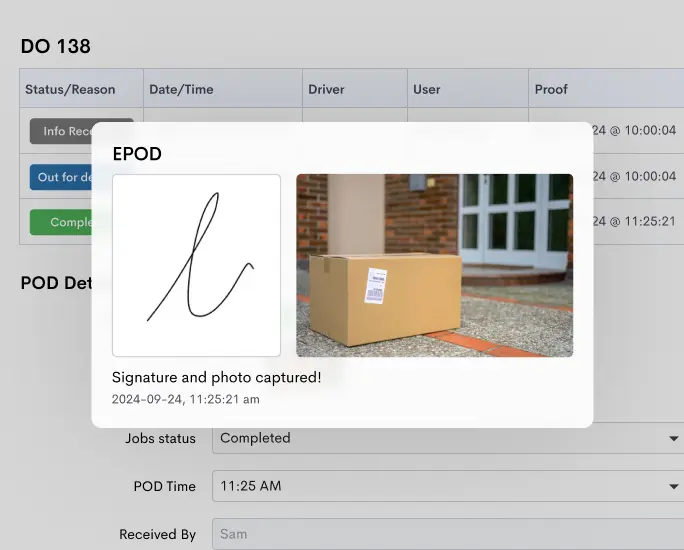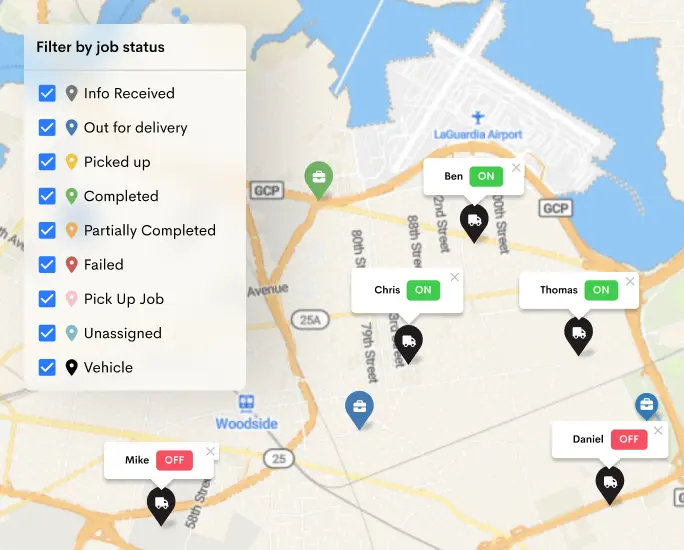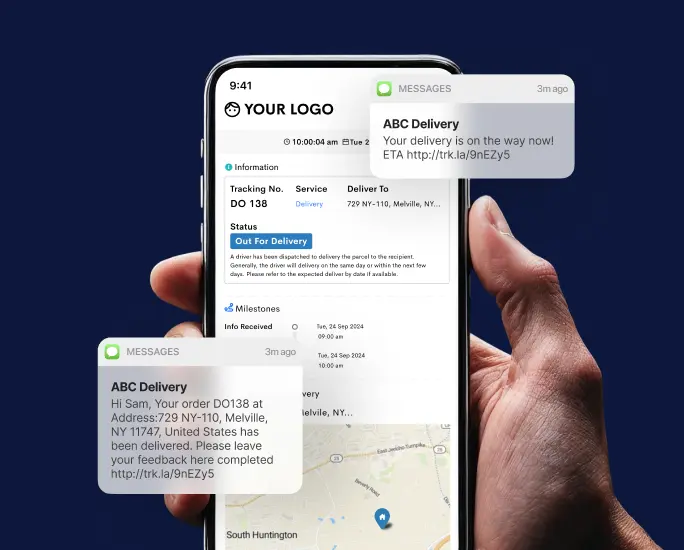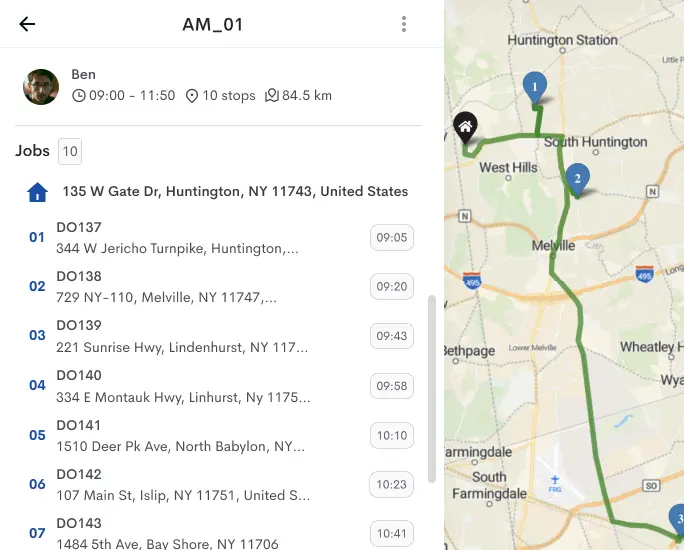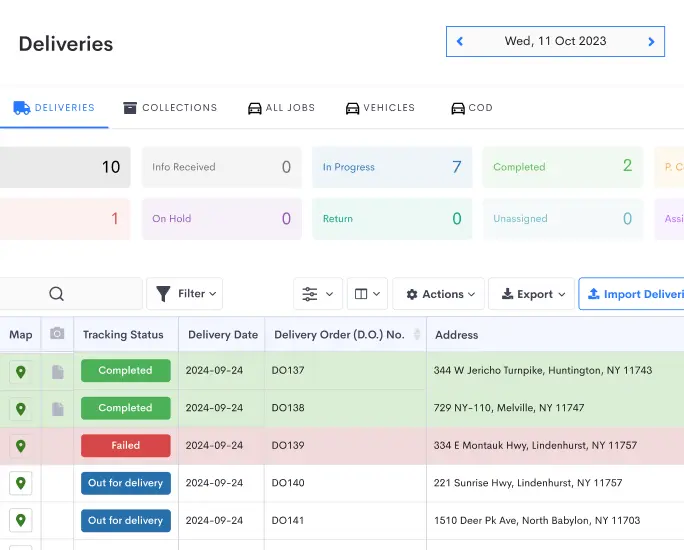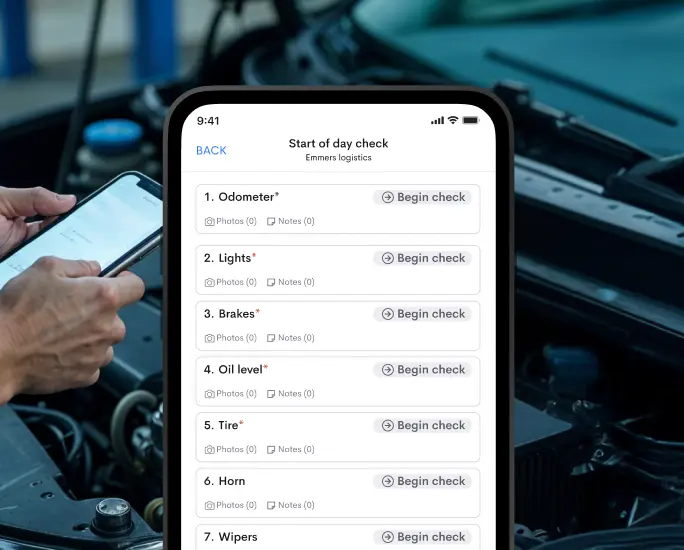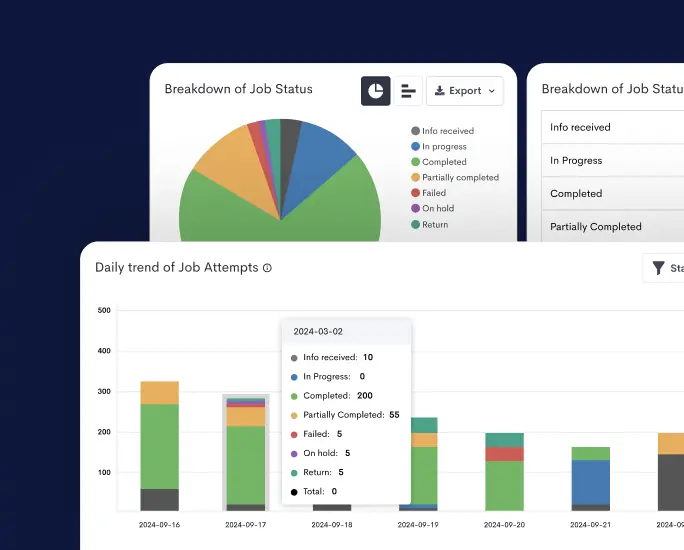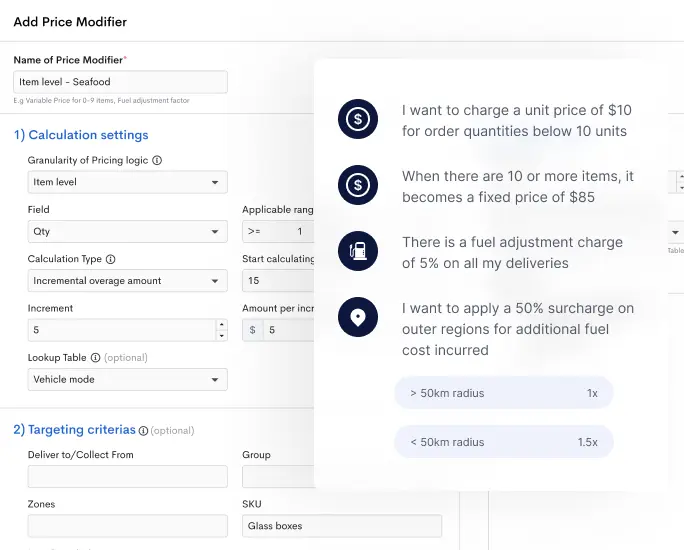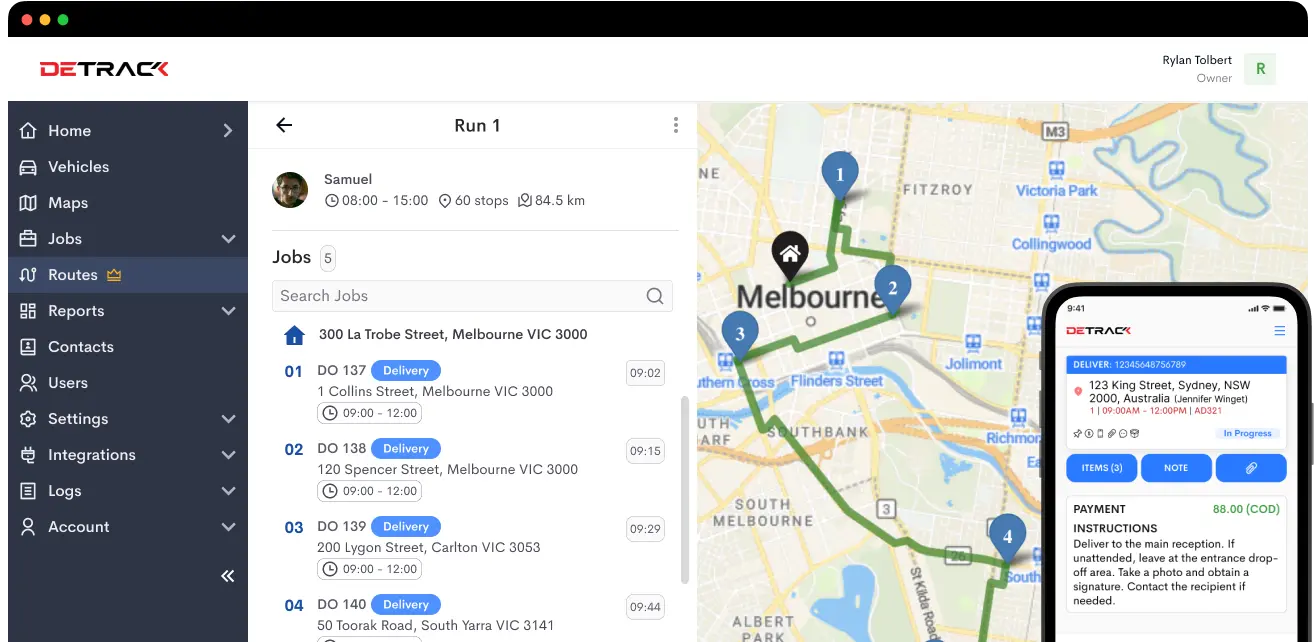Due to the nature of the products and items involved in the medical, chemical, and pharmaceutical industries, the need for time-sensitive deliveries makes it essential to partner with a reliable medical courier company. Additionally, with the healthcare market in the United States projected to reach a volume of $27.13bn by 2027, there’s an even greater need for pharmaceutical and medical companies to secure medical courier contracts from delivery businesses specializing in this industry.
The requirements of the industry mean trained professionals must handle delivery. So, it’s essential to understand how to get a medical courier contract. In this guide, we’ll explain what a medical courier contract is, who it is, the differences between it and regular delivery services, the types of courier contracts in the medical industry, and all you need to know about securing a contract.
Understanding Medical Courier Contracts
To understand what a medical courier contract entails, businesses must first know what it means to be a medical courier and its difference from regular delivery services.
What is a medical courier?
A medical courier is a type of delivery service that focuses and specializes in the transportation and supply of urgent medical and healthcare supplies, equipment, and, sometimes, medical records. They also transport specimens or samples like blood, organs, urine, and tissue transplants.
Due to the nature of the items they transport, medical couriers ensure special care is given to them while also delivering them in a timely manner. They often use specialized vehicles capable of holding items at different temperatures and sometimes need to dispose of hazardous materials properly. Their role ensures medical, chemical, and pharmaceutical industry professionals have access to the important supplies and information needed for their operations.
Differences between medical couriers and regular delivery services
Unlike regular delivery services, medical couriers must learn how to handle and operate their specialized equipment and vehicles to ensure the safety of their sensitive materials. While customers of regular delivery services are often flexible with delivery time and can allow for a rescheduled delivery, medical couriers often have no room for delayed delivery as it’s very time-sensitive, and failure to meet the timing might result in loss of life.

Types of Medical Courier Contracts
If you’re thinking of how to become a medical courier independent contractor, you need first to understand the types. Below are some of the various types of medical courier contracts and what they do.
Pharmaceutical deliveries
If you’re thinking of how to start a medical courier service, pharmaceutical delivery services should be at the top of your list. The global pharmaceutical drug delivery market size was valued at $1525.16 billion in 2022 and is expected to surpass around USD 2,047.36 billion by 2030.
Pharmaceutical deliveries is a type of medical courier service focused on transporting pharmaceutical supplies like drugs, syringes, prescriptions, and first aid items. They often partner with mid-sized to large pharmacies, helping them deliver their customer’s orders which are also time-sensitive.
Laboratory specimen transport
Medical courier services in this sub-industry focus on transporting or delivering medical laboratory specimens from a lab to a hospital or healthcare or vice versa. This type of medical courier service requires a high devotion to delivery time as the window for delivery is often small due to the time-sensitive nature of specimens. It also requires extreme care and handling of the lab specimens to be transported.
Medical equipment delivery
This medical courier delivers equipment like stethoscopes, thermometers, anesthetic machines, infusion pumps, sphygmomanometers, defibrillators, and others from manufacturers or distributors to medical institutions like hospitals and laboratories.
Medical supplies transport
As the name implies, medical supply transport helps health organizations like hospitals transport supplies and items used for the diagnosis or treatment of a patient’s specific injury, illness, or condition. Like most medical courier services, medical supply transport requires proper care in handling the items meant for delivery.
Home healthcare deliveries
Healthcare centers and hospitals are the major employers of medical couriers for this type of delivery. It’s a specialized delivery service that involves transporting healthcare materials — mainly drugs from the hospital pharmacy or any other health institution to customers who need them at home. It operates similarly to eCommerce delivery services, where customers place orders and deliver them to their houses through a courier.
Biomedical deliveries
This medical courier delivery solely transports biomedical items or substances for laboratories, hospitals, veterinary labs, and other clients needing similar specialized services. Biomedical deliveries require extra care to ensure the safe transport of the items, which often include blood samples, DNA materials, and specimens.
Remote or rural medical deliveries
Due to the sparse number of healthcare professionals and availability of medical services in remote areas, rural medical delivery services transport medical supplies and equipment to remote areas with little or no access to basic healthcare. Items often transported vary from basic drugs and medications to medical equipment for improving the healthcare institutions in the area.
In some rare cases, this type of delivery can also involve transporting a person with special needs to the hospital. However, it should not be mistaken for starting a non-emergency medical transportation.

How to Secure Medical Courier Contracts
Securing new medical courier contracts can be challenging, especially when new to the delivery service business. However, the upside is that there are several ways to get new clients. So, here are essential tips on how to get medical courier contracts.
Understanding the medical courier marketplace
An in-depth knowledge of the medical courier marketplace is the first step to success. Here, you need to understand the requirements of the market. What are the needs of your potential customers? What do they want? After knowing these answers, you can begin planning.
While planning, the next thing to do in understanding the marketplace is to analyze the demand for medical courier services in your area and then identify your potential target customers like clinics, hospitals, laboratories, and pharmacies.
Researching potential clients
Contacting potential clients is another way to secure contracts. You can devise a methodical approach to achieve this. Begin by researching local medical institutions like hospitals, clinics, veterinary labs, pharmacies, and medical labs that need your courier service.
Contact them via calls or direct email with your portfolio and information about your services and how you can improve their business. Your email should also include an action to schedule a meeting to discuss this in more detail.
Steps to approach healthcare institutions
You can approach healthcare institutions by sending an inquiry email about the possibility of working with you. Ensure to include your portfolio and a detailed explanation of why doing business with you is in their best interest. Third-party courier sites are also another medium to approach healthcare institutions. These types of sites make it easy to connect with potential clients looking for your services.
Crafting a compelling pitch and proposal
After approaching a healthcare institution, you must craft and submit a compelling proposal to win them over. To successfully do this, you need to see things through their eyes. For instance, what would they want the most if they were you? Your proposal should contain details like your company’s background, a list of other clients, your pricing rates, your compliances, the type of vehicles you possess, and your typical delivery time/window.
Importance of contract transparency and clarity
It is critical to have pricing transparency when bidding for a courier contract, as it lets the client know exactly how much you’ll charge for each delivery or job. They’ll also need to know if you offer discounts for volume work.
Providing transparent pricing information gives you a huge advantage when bidding for courier contracts. It’s also essential to provide a detailed breakdown of your pricing structure so potential clients can know exactly what they’re paying for.
Leverage software to build trust and gain a competitive advantage
Enhance your medical delivery process by leveraging software to reduce manual work, build trust, and gain an advantage against competitors. You must use the best software to build trust and a solid reputation for making fast deliveries.
Detrack’s route planning feature can help you streamline your medical delivery process by reducing delays and ensuring your customers are satisfied, leading to more contracts.

Navigating the Competitive Landscape of Medical Courier Services
To effectively navigate the competitive market of medical courier services, you need to offer more, stand out, and be open to adaptation.
Standing out in a crowded market
Standing out in a market like the medical delivery service is vital. To achieve this, you must improve your services and customer satisfaction by using delivery management software like Detrack to increase transparency within your delivery process.
Offering added value to clients
Giving your clients more value for their money is another way to stand out. Offer them discounts, promotions, and specialized offers based on how well they utilize your services. Customers will continue to utilize your services and possibly refer them to other healthcare businesses.
Continuous improvement and adaptation to industry changes
The delivery industry is constantly changing due to the advent of more technologies. Adapting to new trends like software, AI, and IoT is essential to stay competitive and gain an advantage. Ensuring your vehicles are regularly upgraded to the latest industry standards is vital.
Securing Medical Courier Contracts with Detrack
As you’ve already read, the medical courier marketplace requires adherence to strict practices and procedures of operations due to the sensitivity of the items involved. So, to land more contracts, you need to strategically stand out from your competitors and position your business uniquely.
Leveraging on delivery software like Detrack will help you win more contracts. For example, to win a medical contract, you would need compliances like HIPAA and GDPR, both of which are offered by Detrack. It also helps complete more deliveries faster, and achieve a higher success rate and improve customer feedback.
When you try our delivery software, you can ensure that vital medical supplies and equipment can be tracked in real time using our tracking widget feature. That way, you can improve customer satisfaction and feedback.
Additionally, it also helps to reduce internal workload, increase revenue, and reduce expenses. and secure more contracts than ever before!

